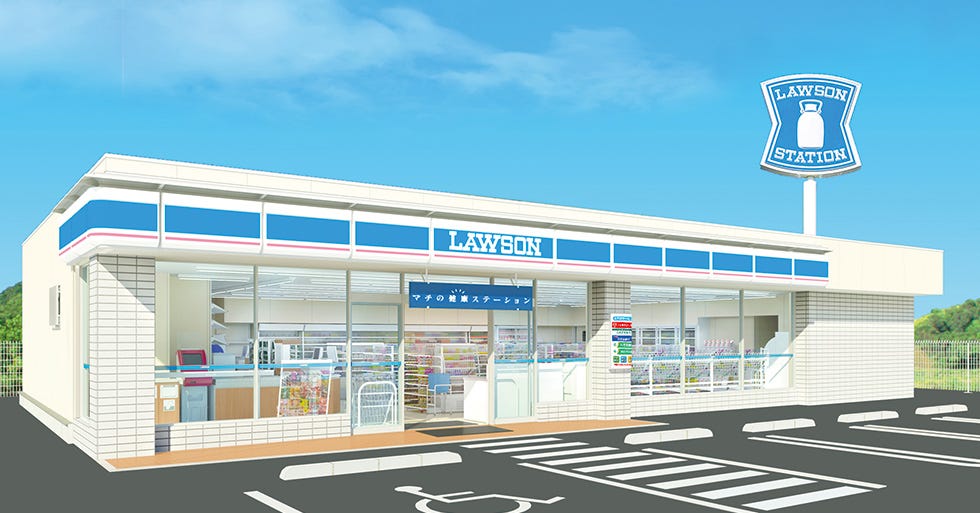[Stock-Analysis] The Kings of Convenience: Lawson
Why you should stay away from the world’s 3rd largest convenience store
This is the third and final part of my series about the three largest convenience store chains in the world. To read part 1 (7-Eleven) and 2 (FamilyMart), click here & here.
Overview
Lawson is the world’s 3rd largest convenience store chain with over 17,000 stores, behind the other Kings of Convenience, 7-Eleven & FamilyMart
To date, Lawson operates over 1…




